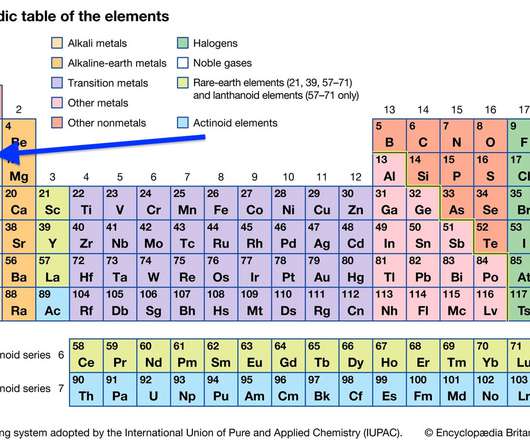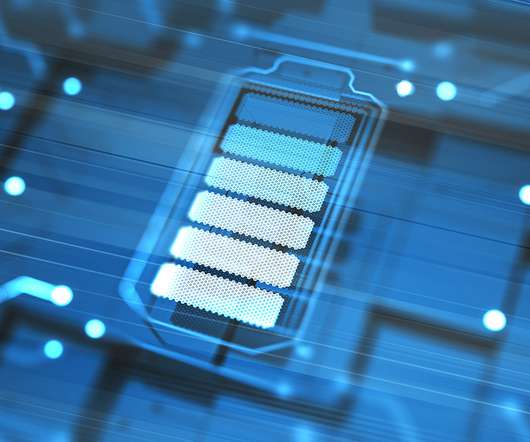New solid-electrolyte interphase may boost prospects for rechargeable Li-metal batteries
Green Car Congress
MARCH 12, 2019
Rechargeable lithium metal batteries with increased energy density, performance, and safety may be possible with a newly-developed, solid-electrolyte interphase (SEI), according to Penn State researchers. The same approach was also applied to design stable SEI layers for sodium and zinc anodes. Credit: Donghai Wang,Penn State.




























Let's personalize your content